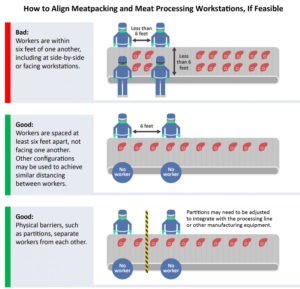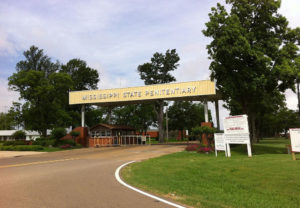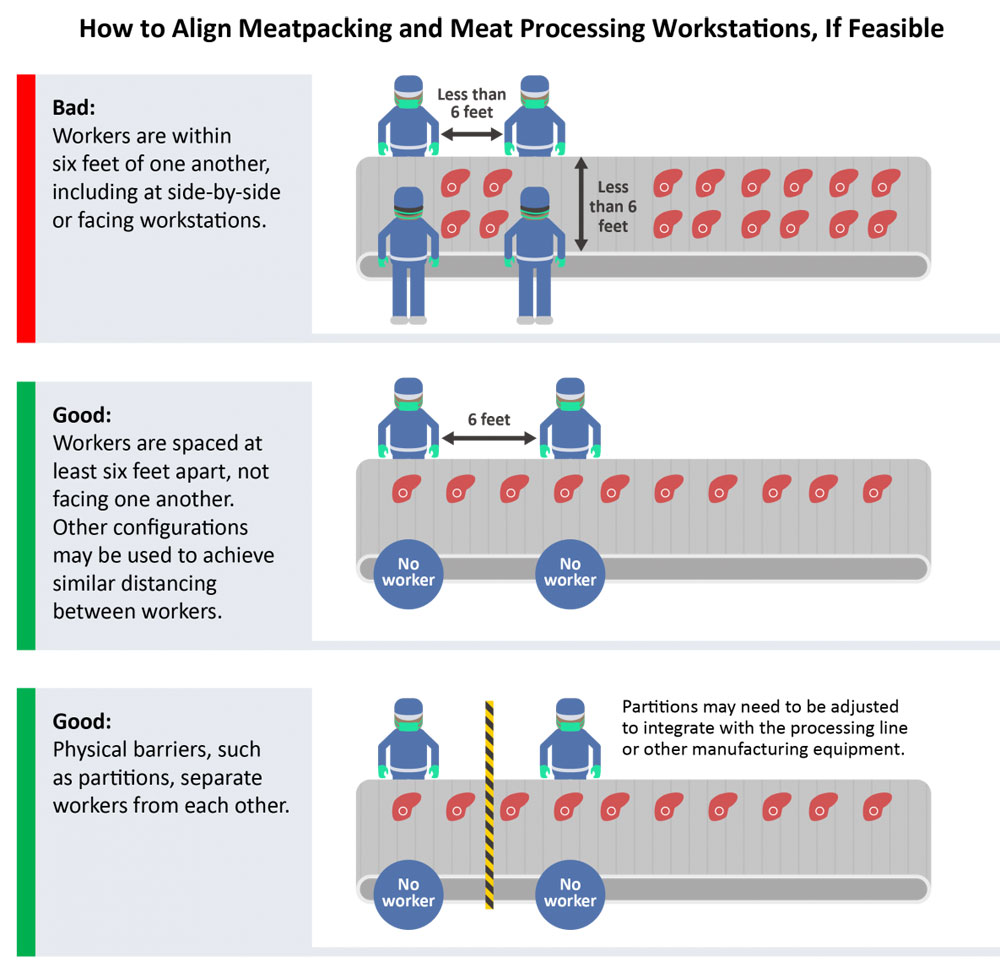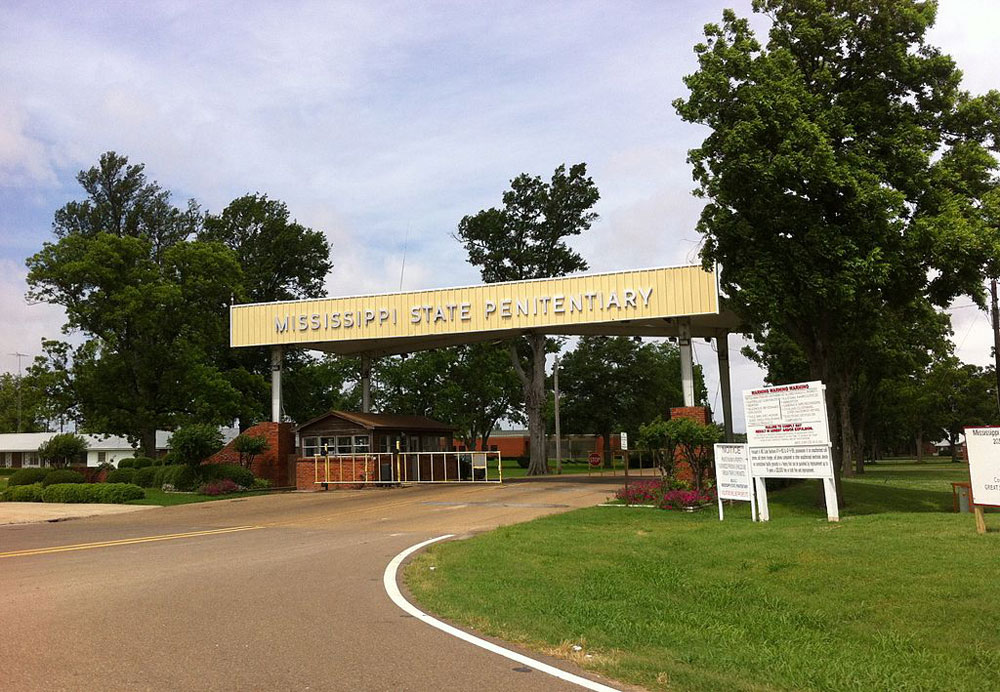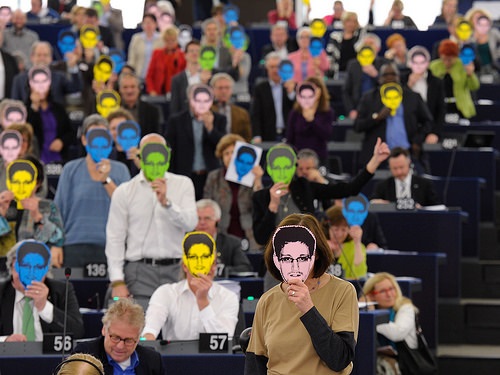
February 26, 2015; Government Executive
The issue of whistleblowers comes up frequently in the NPQ Newswire because of how many groups in the nonprofit sector have roles in protecting them. Groups like the Project on Government Oversight (POGO) and the Government Accountability Project (GAP) are stalwart in recognizing the importance of protection for whistleblowers in government, and the consequent implication that similar protections ought to be developed and strengthened for whistleblowers in corporate America and in the nonprofit sector alike.
On the government side, it was a surprise moment of positive bipartisanship when Republican Senator Charles Grassley and Democratic Senator Ron Wyden came together to launch the Whistleblower Protection Caucus in the U.S. Senate. The Iowa Republican and Oregon Democrat were joined by a handful of other senators as initial members of the new caucus, including Ron Johnson (R-WI), Mark Kirk (R-IL), Deb Fischer (R-NE), Thom Tillis (R-NC), Barbara Boxer (D-CA), Claire McCaskill (D-MO), Tammy Baldwin (D-WI), and Edward Markey (D-MA). The announcement was witnessed by representatives of POGO, GAP, the National Whistleblowers Center, and a number of whistleblowers themselves, including Robert MacLean, the TSA whistleblower whose case before the Supreme Court we wrote about last week. The laudable purpose of the caucus, according to Grassley, is to “send a message from the very top of the bureaucracy on down that whistleblowers deserve praise, not hostility” and “that the legislative branch of government understands whistleblowers’ indispensable role in fighting fraud and standing up to wrongdoing.”
Sign up for our free newsletters
Subscribe to NPQ's newsletters to have our top stories delivered directly to your inbox.
By signing up, you agree to our privacy policy and terms of use, and to receive messages from NPQ and our partners.
When it comes to following through on the purpose Grassley outlined, the caucus has a long way to go. For example, last week, Senator Grassley chaired a Judiciary Committee hearing on the whistleblower policies of the Federal Bureau of Investigation, observing that the FBI’s protections for whistleblowers ”are weaker than at any other agency.…Unlike every other federal agency, FBI employees are not protected from retaliation when they report wrongdoing to their direct supervisors.” Grassley concluded that the FBI treats its whistleblowers like “a skunk at a picnic.”
As weak as protections are, despite the law, for whistleblowers in government practice, the fear of retaliation convinces many whistleblowers in the private sector to make their revelations anonymously, as in the very interesting example revealed last week in Chicago about an anonymous whistleblower at Peoples Gas. The fact that even the Illinois Attorney General, Lisa Madigan, has been trying unsuccessfully to get the Illinois Commerce Commission to release the results of an audit of some Peoples programs, which the whistleblower discussed, makes the whistleblower’s revelations all that more important.
It isn’t a secret that whistleblowers often suffer for their disclosures. That’s why New York Attorney General Eric Schneiderman has proposed legislation that would award whistleblowers in the banking sector between 10 and 30 percent of the penalties exacted against corporate malefactors if the whistleblowers’ information leads to state enforcement sanctions of over $1 million. The law would also provide financial sector whistleblowers with protection against retaliation.
By virtue of its actions against Chelsea Manning, John Kiriakou, and many others, the Obama administration hasn’t been particularly supportive of whistleblowers, even when their revelations spark policy changes that the White House begrudgingly acknowledges were needed. The test will be over Edward Snowden, whose Russian lawyer says that Snowden wants to return to the U.S., but not before the completion of the negotiations currently underway to address the terms of the legal action he might have to face, given that many American politicians have vociferously advocated that Snowden be charged with treason. That is a core issue. The Guardian reports that Snowden’s “legal advisers have said he could not practically do so as long as he faces charges under the 1917 Espionage Act, which make it impossible for him to argue that his disclosures had served the common good,” in other words, precluding an argument that his disclosures might have been in the public interest.
At the Judiciary Committee hearing on the FBI’s putative whistleblower protections, Senator Grassley said that he has recommended to every president from Ronald Reagan on that they hold a Rose Garden ceremony honoring government whistleblowers. To date, the idea has attracted no White House takers. Would nonprofits be willing to honor their own whistleblowers? We recall the case of William Harper, who exposed fraudulent program performance reporting by the nonprofit SEEDCO in New York City. Harper was vilified by SEEDCO management and eventually moved to Seattle to start a new career, even though in time his revelations were shown to be accurate and important regarding SEEDCO’s false reporting of job placements in its government-funded workforce development contracts (aspects of which are still in the courts now.) Nonprofits might condemn the federal government’s treatment of Kiriakou and MacLean, criticize the leniency deal offered Gen. Petraeus, and applaud the new caucus established by Grassley and Wyden, but they should also make sure the nonprofit sector itself is doing right by its whistleblowers, too.—Rick Cohen


